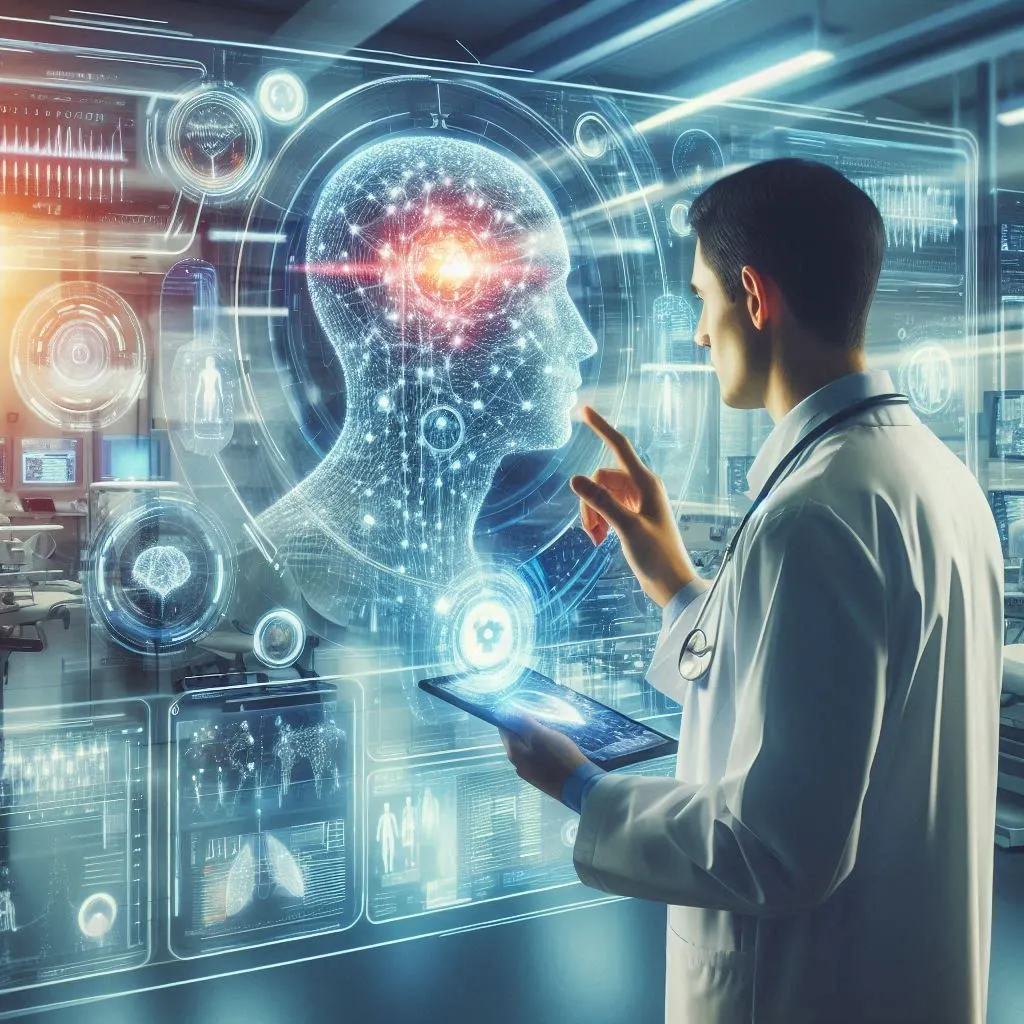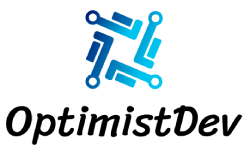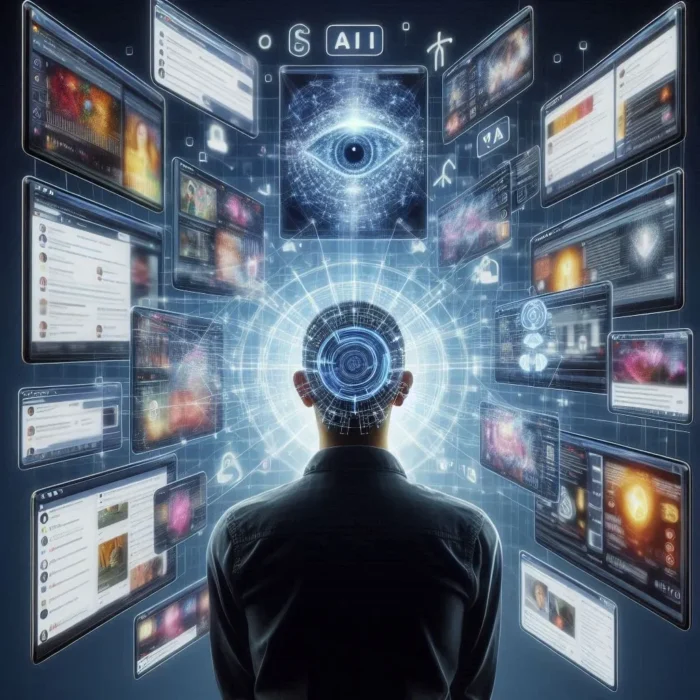Are Humans Using AI or Is AI Using Us? A Critical Analysis
The relationship between humans using AI and AI itself is a dynamic interplay that raises questions about control, agency, and the broader implications of technology on society. The debate on whether humans are using AI or if AI is using us is complex, encompassing aspects of technology, ethics, economics, psychology, and sociology.
Seeking a Website Developer for your business. We’re here to seamlessly transition your business into the digital world with tailored expertise. Elevate your online presence with us
1. Humans Using AI: A Tool for Empowerment
From one perspective, AI is a tool that humans have developed to enhance productivity, solve complex problems, and innovate across various fields. In this view, AI serves as an extension of human capabilities, allowing us to perform tasks that would be otherwise impossible or extremely time-consuming.
Examples of Human Use of AI:
- Healthcare: AI-driven diagnostics systems can analyze medical images faster and more accurately than human doctors, leading to early detection of diseases like cancer. AI is also used in drug discovery, speeding up the process of finding new treatments.
- Finance: AI algorithms are used in trading to analyze market data and make predictions, optimizing investment strategies. Robo-advisors provide personalized financial advice, making financial services more accessible.
- Transportation: Autonomous vehicles, powered by AI, are revolutionizing the way we think about mobility. These vehicles have the potential to reduce accidents, improve traffic flow, and provide mobility solutions for people who cannot drive.
In these cases, AI is a tool that empowers humans, helping us achieve goals more efficiently and effectively.

2. AI Using Humans: The Subtle Shift of Power
On the flip side, the argument can be made that AI is not just a tool, but a system that exerts influence over human behavior. This perspective suggests that AI, especially in the form of algorithms and automated systems, can manipulate, shape, and even control human actions in ways that may not be immediately apparent.
Examples of AI Exerting Influence Over Humans:
- Social Media Algorithms: Platforms like Facebook, Instagram, and Twitter use AI to curate content that keeps users engaged. These algorithms learn from user behavior to serve content that maximizes attention, sometimes leading to addiction-like behavior, echo chambers, and the spread of misinformation.
- Surveillance and Privacy: AI-powered surveillance systems track and monitor human activity on an unprecedented scale. Governments and corporations use this data to influence behavior, whether through targeted advertising or social control.
- Consumer Behavior: AI in marketing analyzes vast amounts of data to predict and influence consumer behavior. Companies like Amazon and Netflix use AI to recommend products or content, subtly guiding purchasing decisions and consumption habits.
In these scenarios, AI is not merely a passive tool but an active participant in the decision-making process, often without the explicit consent or awareness of the individuals being influenced.
3. The Symbiotic Relationship: A Complex Interdependence
The reality is that the relationship between humans and AI is symbiotic. We use AI to accomplish tasks, but in doing so, we feed AI systems with the data they need to learn, evolve, and become more powerful. This interdependence creates a feedback loop where both humans and AI shape each other.
Aspects of the Symbiotic Relationship:
- Data as the New Currency: AI systems thrive on data. Every interaction we have with AI-powered services contributes to the dataset that these systems use to improve. This has led to the rise of data-driven business models where human behavior is commodified.
- Ethical Implications: The symbiotic relationship raises ethical questions about autonomy, consent, and control. Who controls the data? How are decisions made by AI systems? Are these decisions fair and just? These questions are at the heart of the ongoing debate about AI ethics.
- Economic Impact: AI has the potential to disrupt industries, leading to job displacement in some sectors while creating new opportunities in others. This economic shift affects human livelihoods and societal structures, leading to debates about the future of work.
4. The Future of Human-AI Interaction: A Balanced Perspective
As AI continues to advance, the balance of power between humans and machines will likely evolve. Ensuring that this relationship remains beneficial requires a conscious effort to maintain human oversight, transparency, and ethical considerations in AI development and deployment.
Considerations for the Future:
- AI Governance: Implementing policies and regulations that ensure AI is used responsibly, with a focus on protecting human rights and preventing misuse.
- Human-Centric AI Design: Developing AI systems that prioritize human well-being, enhancing human capabilities without undermining autonomy or privacy.
- Education and Awareness: Increasing public understanding of AI, its capabilities, and its limitations, empowering individuals to make informed decisions about how they interact with AI.
Conclusion
The question of whether we are using AI or if AI is using us is not binary. It is a reflection of the complex and evolving relationship between humans and technology. AI has the potential to empower and elevate humanity, but it also has the capacity to influence and control. The key lies in how we choose to develop, deploy, and interact with AI. By fostering a balanced and ethical approach, we can ensure that AI remains a tool that serves humanity rather than the other way around.
Explore insightful articles and stay ahead in web development with our LinkedIn newsletter, OptimistDev Herald! Click here
FAQs
What is the relationship between humans and AI?
The relationship between humans and AI is complex, involving both human control over AI as a tool and AI’s influence over human behavior.
Are humans using AI, or is AI using humans?
- It is a symbiotic relationship where humans use AI for various tasks, but AI also influences human decisions and behavior.
How does AI influence human behavior?
- AI influences human behavior through algorithms that curate content, targeted advertising, and personalized recommendations, often shaping decisions subconsciously.
What are the ethical concerns of AI using humans?
- Ethical concerns include privacy, autonomy, data control, and the potential for AI systems to make biased or unfair decisions without human oversight.
Can we ensure that AI remains a tool for human benefit?
- Yes, through AI governance, human-centric design, and public education, we can ensure that AI remains beneficial and does not undermine human autonomy.



